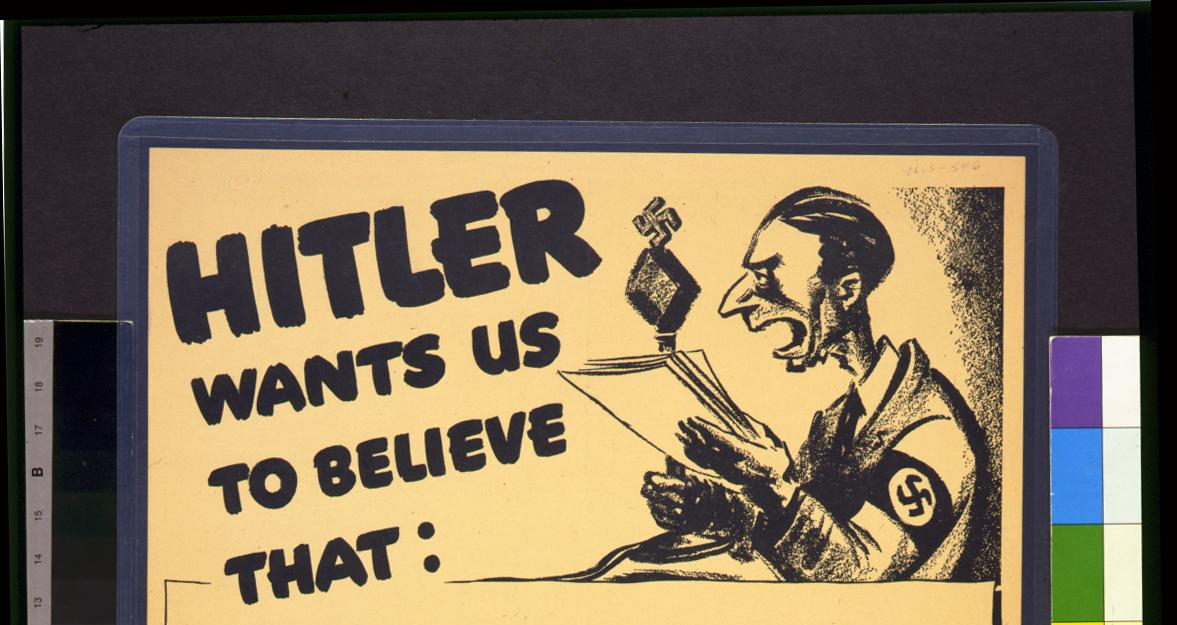
Far-right has a meaning, I’m told, but whatever that meaning is, it is almost unique in being totally elusive to any description of how it is actually applied. If you’re following the BBC on any social media platform then you will know after every important event that could be interpreted to lead to right wing conclusions, there is the accompanying BBC article released with all foreboding and solemness about how ‘experts’ expect that the ‘far-right’ have been ‘emboldened’ or are ‘on the rise’ somewhere. I wish here to explain why I find this so pernicious and how it is extremely unhelpful to public discourse, and primarily focus on the way in which the term struggles to find any clear meaning in the modern age.
If we understood the term as being composed of the terms ‘far’ meaning in this sense ‘extreme’ or ‘radical’, and the term ‘right’ as in right wing, then this term does have a meaning. The term means those who hold extreme right wing beliefs. However there is a slight problem. How do we define what an ‘extreme’ right wing belief is, as opposed to ‘moderate’ right wing or ‘very’ right wing? Surely it must be societal context, no view is held in a vacuum and so we define ‘far-right’ as those who fall outside of the understood ‘Overton window’. Therefore, almost by definition, this faction must be a small minority. However, how could we describe a figure such as Jair Bolsonaro as ‘far-right’, as he commands support from half of all Brazilians; in what sense is he extreme in this context? The answer is we could not. Some may say we need to broaden our view to a different context such as global perspectives, but this is an arbitrary demand and we could draw the boundaries of what social context to use almost anywhere at any span of time. He is then far-right in California but centre/moderate-right in Nazi Germany. This seems absurd and unstable as a definer and thus this relative definition is insufficient to encapsulate what the term means. Additionally, the supposed ‘context’ through which we could understand the relative position of each person as far right is something usually left ambiguous, the almost fictitious community is formed in the mind of the accuser and its vague assumptions remain hidden to the rest of us. Far from being an enlightening definition that clarifies the meaning of this term, the relative definition gives each individual’s own conception of the community (whether correct or incorrect), and the power to project onto every belief the denigrating image of it being ‘far-right’. In this way it is more of a tool, a weapon to wield against enemies, yet it does not truly have any independent meaning or function.
A different definition looks for a more objective position, basing a definition on a set of specific beliefs rather than an appeal to a position within an ambiguous community – though still encapsulating in those who sit outside the purview of acceptability. A person is far-right according to this definition if they hold neo-Nazi/fascist/racist/sexist beliefs and opinions. This definition is much superior to the previous one, however it doesn’t actually capture how the media use these terms. The media have described Boris Johnson and Liz Truss as being ‘far-right’, or leaning that way, when it is clear they are not neo-Nazis or Klansmen and are in fact typical right politicians. If this term isn’t being used in this objective regard, then, in what way does it mean this particular definition? It can mean this definition if we understood the terms involved as being much looser than their typical usage means, yet, if we take racist, sexist or homophobic to mean the structural account given by left wing theorists, then all white people, all men, and all heterosexuals are all ‘far-right’. But, isn’t there a feeling somewhere that this is not how we use the term racist, sexist, or homophobic in discussing far-right people and thus, it is not descriptive of the content of the term ‘far-right’? I think we should acknowledge that feeling, as it is right, and thus I am left continuing to have no definition of what the term actually means in popular media usage.
I feel as though those two definitions are what most people either use or imagine to be the meaning of the terms, so why is there this inability to discover a meaning? This is intentional. The two definitions here are maliciously left unaddressed in discourse and the latter is always assumed to be the one in usage, even when it is being used in the relative sense. For it is extremely useful to many on the left to describe their opponents as being ‘far-right’, as its connotations among typical people are that the accused politician holds the second definitions’ beliefs, rather than ‘things currently outside the established beliefs ‘I’ hold’. This is used to blur and ambiguate the boundaries so that the accusation can never be truly denied. The ‘I’ that I used is to refer to the ‘I’ of the subject/person/institution pronouncing what is and what is not an acceptable belief in our society, for it is not actually necessarily true that they are right. This ambiguity is used in the media as a strategy to push the Overton window in a certain direction through signalling that is already some place that it may not be, for example I could suggest it is ‘far-left’ (used in the equivalent unacceptable sense) to believe that the state should give poor people money, but that doesn’t mean it is actually an uncommon or unacceptable belief in society. The term ‘far-right’ casts a shadow in front of the unassuming public to scare them with the thought ‘this person is a Nazi’, when it is actually being used to say ‘this person holds beliefs that are outside my current window’.
Neo-Nazis do exist. Fascists do exist. There are some leaders who hold extreme right-wing beliefs. None of these statements contradict anything that I have said, instead they bolster my point of the seriousness of dropping this po-faced usage of a serious descriptive term. It needs to stop being used as a tool to bludgeon normal people from their normal beliefs about political issues, and instead return to its objective definition with its original criterion maintained in the primary actual definition. If the actual far-right is to be combatted it is most unhelpful if we are simply unable to know who exactly falls within that box, and those who do not. When we rebuke the far-right and have the correct definition, it could be done with the full force that clarity of understanding alone can provide.



Great article. More clarity on the term is needed but how can we practically do this? At any one point it is difficult to measure the scope of opinions on a spectrum, how then can we gauge popularity of opinions and add boundaries to them? We need to move away from binary political description and focus on policy-centred debates.